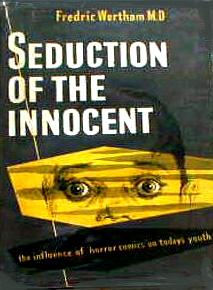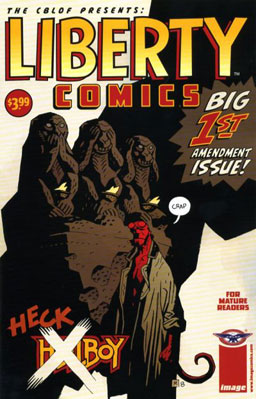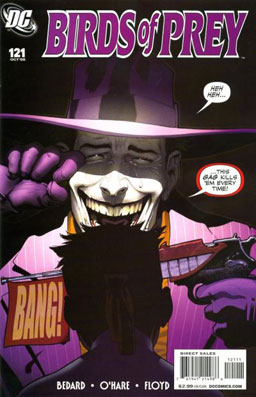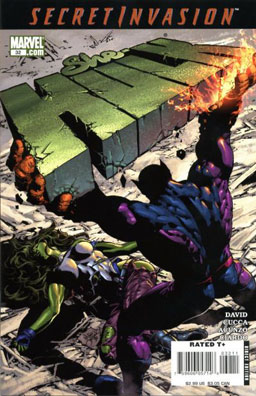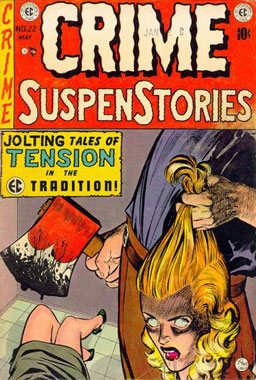Hit the Bricks
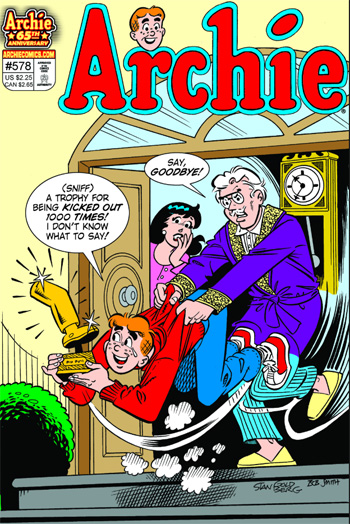
I’ve got plenty of excellent stuff to review right now, but I just can’t get interested in writing up any reviews. So I ain’t gonna.
I will note a minor change here on the blog — I’ve deleted my link in my blogroll to the Comic Book Legal Defense Fund. I did it for the following two reasons.
First: The past week has been a rough one for comics fans as we deal with the fact that a lot of comics creators, both prominent and obscure, have spent years abusing women, particularly creators trying to break into the industry. And one of those abusers is Charles Brownstein, the CBLDF’s longtime executive director.
And they’re not new or obscure accusations either. They date back to at least 2005, and were updated by the Comics Journal article in 2018. CBLDF has largely shrugged this all off. It’s not a good look for any organization that’s supposed to be focused on protecting comics creators, either back then or today.
Second: This is something that has irritated and mystified me for the last three years. The CBLDF defended neo-Nazi Milo Yianopoulos.
Wait, you say, was this related to a comic book he made? Nope, it was just a book he was getting a generous advance for writing. It had nothing at all to do with comics.
But wait, you say, was he being censored? Was his book seized by police or banned by the government? Nopers, friends, what was happening was that common ol’ private citizens and advocacy groups, unhappy that any publisher felt comfortable giving an abusive neo-Nazi — best known for trolling, doxxing innocent people, and giving winking approval to pedophilia — a generous advance for writing a shitty book, began organizing boycotts of publisher Simon & Schuster. And the CBLDF decided that was an unfair infringement on the sacred rights of a multi-national publishing corporation.
And no, it didn’t make a lick of sense to anyone else either. And the organization has never bothered to explain themselves to all the folks asking why. Frankly, it felt like they were offended that anyone was talking back to them, or maybe just hoping it’d blow over quickly before any comics creators decided to stop letting them sell autographed comics…
It took me longer than it should have to remove the link in my blogroll, partly because I only started blogging again just a few months back, and partly because I was privileged enough that I’d managed to forget both these incidents.
So give money to your favorite creators’ Patreons, drop money in your favorite bloggers’ tip jars, and contribute to the Hero Initiative. But let’s allow the CBLDF to fade away, hopefully to be replaced by an organization that doesn’t approve of Nazis and doesn’t assault women.
Comments off

